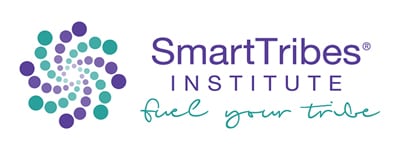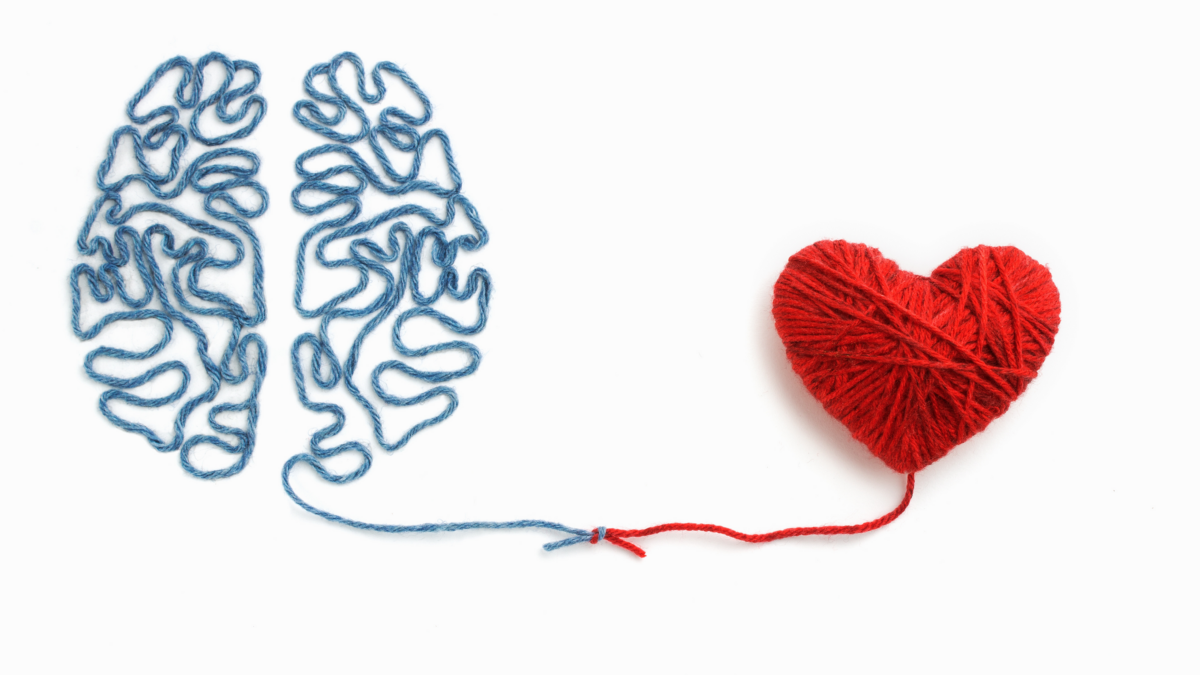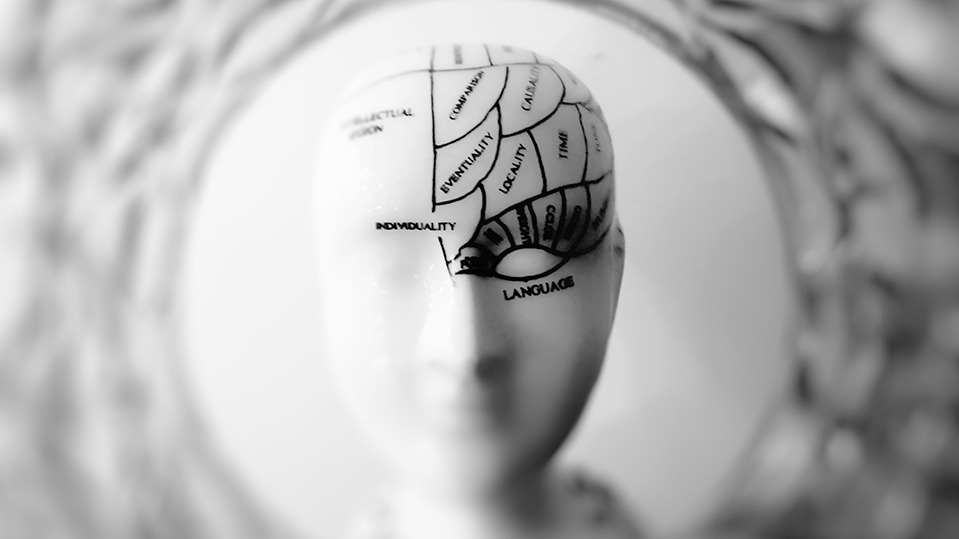
*As originally seen on Forbes.com
In today’s world of intolerance, conflict, and divisiveness we would all benefit from more kindness and emotional intelligence. And some organizations are truly trying to build these skills.
In research cited in HBR a while back, we learned that 20% of U.S. companies now offer empathy training to their managers and leaders. That’s a great beginning. And as a leadership and culture coach, I applaud it.
But it’s not enough.
The same study states that the best skills for successful leadership are listening and responding. Responding means taking action, and in today’s world rife with interpersonal challenges, taking action is crucial. And that’s where compassion comes in.
What’s the difference between empathy and compassion?
And what happens in your brain when you’re experiencing each?
Let’s find out.
Several years ago I attended a talk at Aspen Institute on empathy vs compassion, where two neuroscientists duked it out, each defending one quality. I realized then that empathy is the pre-cursor to compassion, but it has some problematic qualities as well. Over time I’ve added my own extensive training in applied neuroscience, as well as my work with the Dalai Lama (who spent a week talking about compassion without a single word about empathy!), and I now see that—in my humble opinion—compassion is better.
Here’s a summary of both:

The Problem With Empathy
Paul Bloom, Professor of Psychology at Yale University, authored a book on empathy and wrote that “Recent research in neuroscience and psychology (to say nothing of what we can see in our daily lives) shows that empathy makes us biased, tribal, and often cruel.”
Wow. Whoa.
This is why we say that empathy often isn’t neutral, and can damage our ability to lead effectively. In my blog about cognitive bias I write about one of the most potent ones: the Like Me bias. This bias makes us unconsciously more sympathetic toward individuals we think are similar to us. This causes countless leadership problems: in recruiting decisions, in promotion and discipline decisions, in project assignments, and makes us less likely to connect with people we perceive to be ‘other’ than us.
Separately, I’ve noticed the problem of empathy in my volunteer work with hospice patients. As I support a patient through their death process, they experience a wide range of intense emotions. With such intimate work, it’s easy for me to feel emotional ‘residue’ after working with each patient. Even after 25 years, I find I must focus on compassion versus empathy so I don’t take on the emotions of my patients.
3 Easy Compassion Practices At Work
Both empathy and compassion can be cultivated. And both start from noticing our own emotions, boosting our emotional intelligence, being curious about how we feel and sensing into how others feel.

Look at the graphic above. Which aspect of emotional intelligence would be most helpful for you to focus on right now?
1. Many of our coaching clients start their meetings with the Emotion Wheel. As each team member says how they’re feeling, the leader gauges the emotional temperature of the team. Then they can pivot as needed, while fostering healthy connection.
2. Another method is to start your weekly meetings (more often that would be overkill!) with a personal-professional check in. Each person briefly says what’s up in their personal life and profession life. It can be something they’re dealing with (aging parent, and it’s time to consider assisted living or some such) and professional can simply be what they’re excited about at work.
3. Ending each meeting with a quick scoring helps too. Each person scores the meeting 1-10 on how connected they felt to the team, how productive they found the meeting to be, and how much they learned. Again, the goal is to learn what it’s like to be someone else.
The net-net is: it’s easy to let other people’s emotions affect us if we care about them. Cultivating compassion enables us to care with a healthy boundary. Make a commitment to yourself to become more compassionate. It will benefit how you feel, the stories you tell yourself, how much gratitude, patience and kindness you bring to both your actions and the turbulent times we live in.
How can you practice compassion today?





